Have you ever heard of the term procedural memory? Well, procedural memory is a kind of long-term memory that learns, performs, and executes different kinds of skills and actions. The interesting thing about procedural memory is that, when you probe it and use it, it does not involve conscious thought. Your procedural memory holds all the information needed to perform many important activities, such as cycling, talking, and walking.
It can also be addressed as implicit memory, automatic memory, or unconscious memory. Your implicit memory takes into account your previous experiences to remember things, without consciously thinking about them. Understandably, it is different from explicit memory or declarative memory that involves events and facts, that can be consciously stored, and recalled when the time comes.
Related: What Type Of Memory Do You Have? – Psychological Test
Understanding Procedural Memory better
Your procedural memory starts to develop at a very early stage in your life, most notably, when you learn to walk, talk, play and eat. With time, these activities and memories get entrenched in your brain, so that after a point, you don’t have to consciously think about doing it. You don’t have to think about how you should perform these activities, because you are able to do them effortlessly.
Now, displaying these activities are the easier part; elucidating where and how you learned these is honestly, the hard part. In most cases, these skills are learned in childhood, namely your formative years. Learning how to talk and walk are great examples because once you learn these, you won’t forget doing them all of a sudden. You don’t have to constantly remind yourself that you need to do this, or how you should do it.
When it comes to more advanced skills, such as learning how to drive, or learning how to dance, you simply practice these so many times, that they end up being entrenched in your brain.
Examples of Procedural Memory
Athletes, sportspersons, and musicians are deemed to be the best when it comes to using their procedural memories to the fullest. This is also crucial when it comes to learning a language, as it helps you to speak fluently, without sparing too much thought towards syntax, grammar, and other technicalities; you just know how to speak in the correct way.
- Swimming
- Dancing
- Driving
- Climbing stairs
- Riding a motorcycle
- Skiing
- Playing the piano
- Signing your name
- Typing on a keyboard
- Writing with a pencil/pen
- Playing your favorite sport
How are they really formed?
When connections are formed between the synapses of your brain, and the gaps at the ends of your neurons allow the brain signals to pass smoothly, it is then that your procedural memories are formed. The more you perform an action, the more signals your brain sends through the synapses. And with time, these synaptic routes start to get stronger, and the actions gradually become automatic and unconscious.
From a neurological point of view, when it comes to the development and maintenance of your procedural memories, a ton of brain structures come into play. Your limbic system is responsible for the coordination of several processes centered around learning and memory. And your cerebellum is responsible for proper motor skills and synchronizing movements that are needed for activities like writing, drawing, sculpting, painting, and the like.
Related: 5 Scientific No-Fail Ways To Improve Your Memory
What is the difference between Declarative Memory and Procedural Memory?
Procedural memory is a kind of implicit memory, and these implicit memories are formed without putting in too much effort AKA, unconsciously. When after a point, the lyrics of your favorite song keeps on playing in your mind and stay stuck there, that’s your procedural memory in action. You did not really put a lot of effort into remembering the lines, did you? Nor did you sit and memorize every line. Listening to the song in the background while you do your daily work, is a useful example of your implicit memory forming.
Conversely, declarative memories are those memories that you need to intentionally and actively remember, for which you have to put in some effort to do so. Known as explicit memory too, this kind of memory includes things like remembering the date and time of a doctor’s appointment, a friend’s home address, the recipe of a complex dish, and information for an exam.
Interestingly, declarative memories can be explained whereas procedural memories are more challenging in that aspect. Helping someone with the directions to the shopping mall is comparatively easier than teaching someone how to ride a motorcycle.
Does age affect Procedural Memory in any way?
According to research, procedural memories tend to remain untouched and unimpaired with age; just because you are growing older, that doesn’t necessarily mean that your implicit memory will be affected to a large extent. Even though older people tend to perform activities less quickly than their younger counterparts, they do have the comparable ability to develop and polish those procedural skills.
The psychology behind Procedural Memory
Many researchers believe that a person’s procedural memory can help shape their character. The theory is that learning some specific emotional responses and behaviors leads to them becoming automatic responses in certain circumstances. This helps in reinforcing and developing good, healthy habits, but at the same time can also contribute to building bad habits too.
Any sort of damage and injury to the basal ganglia and cerebellum can severely affect your procedural learning. Studies have shown that in people with brain injuries, declarative and procedural memories seem to be managed by different parts of their brains.
Related: What Is Brain Fog? Causes and Tips To Get Rid Of It
In Alzheimer’s patients, procedural memory works better than declarative memory, because the former is not that dependent on the cerebellum and basal ganglia. The more your cognitive functions deteriorate, episodic and declarative memory declines faster than procedural memory.
So, that’s all about procedural memory, and how it works. Let us know your thoughts in the comments down below!
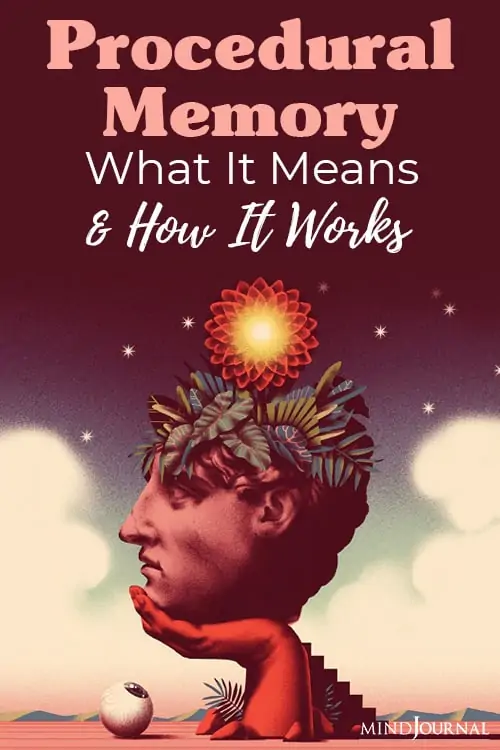
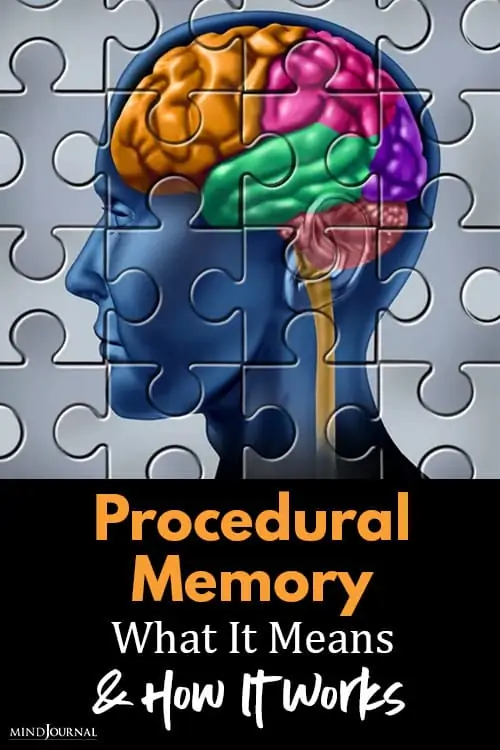
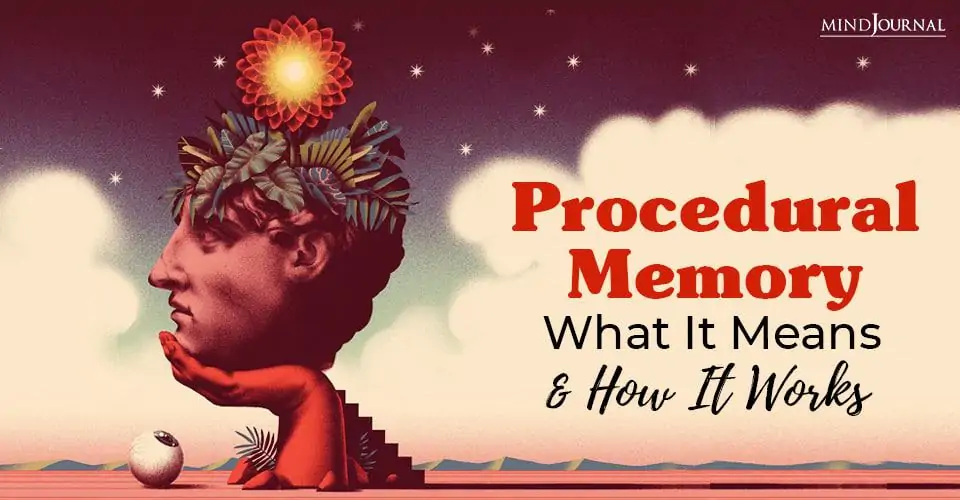

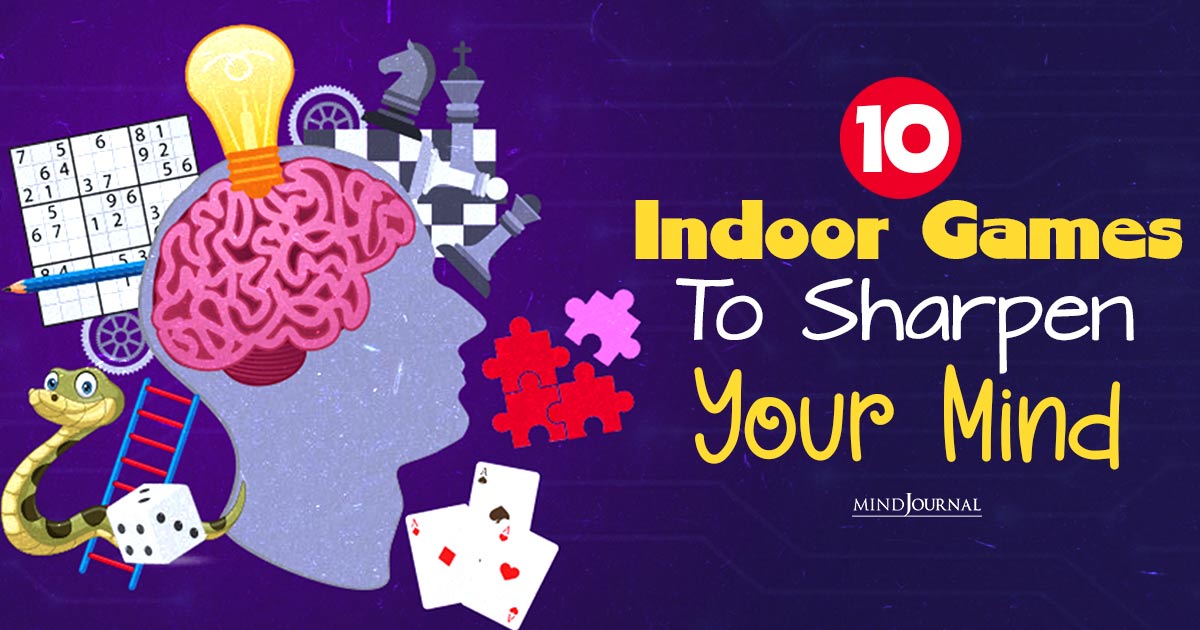
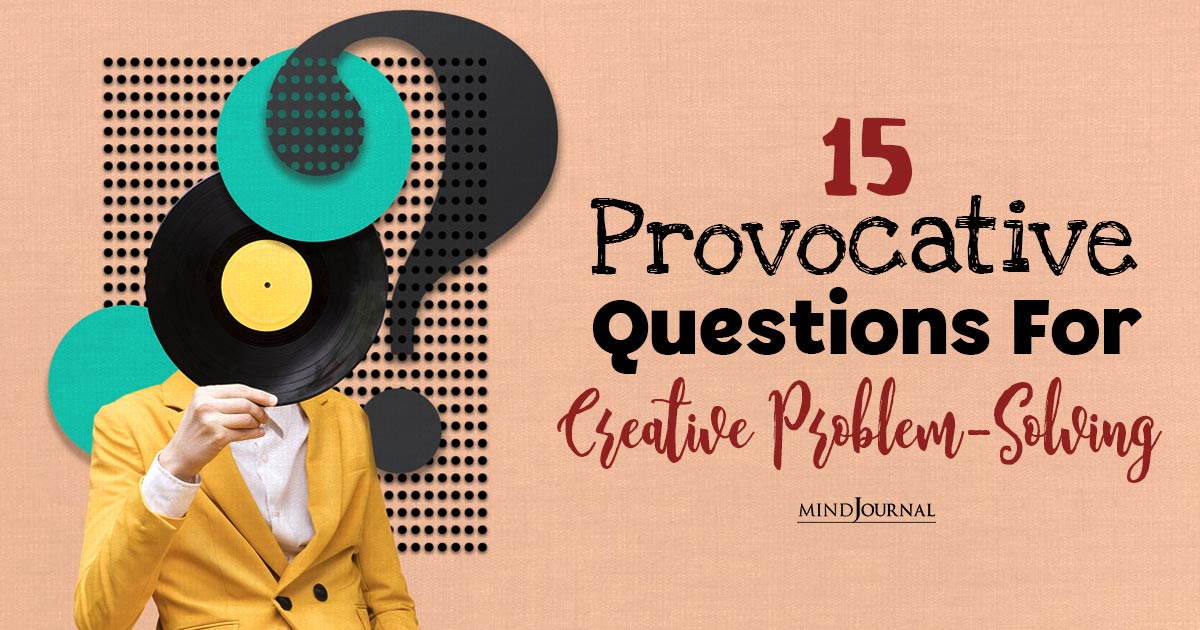
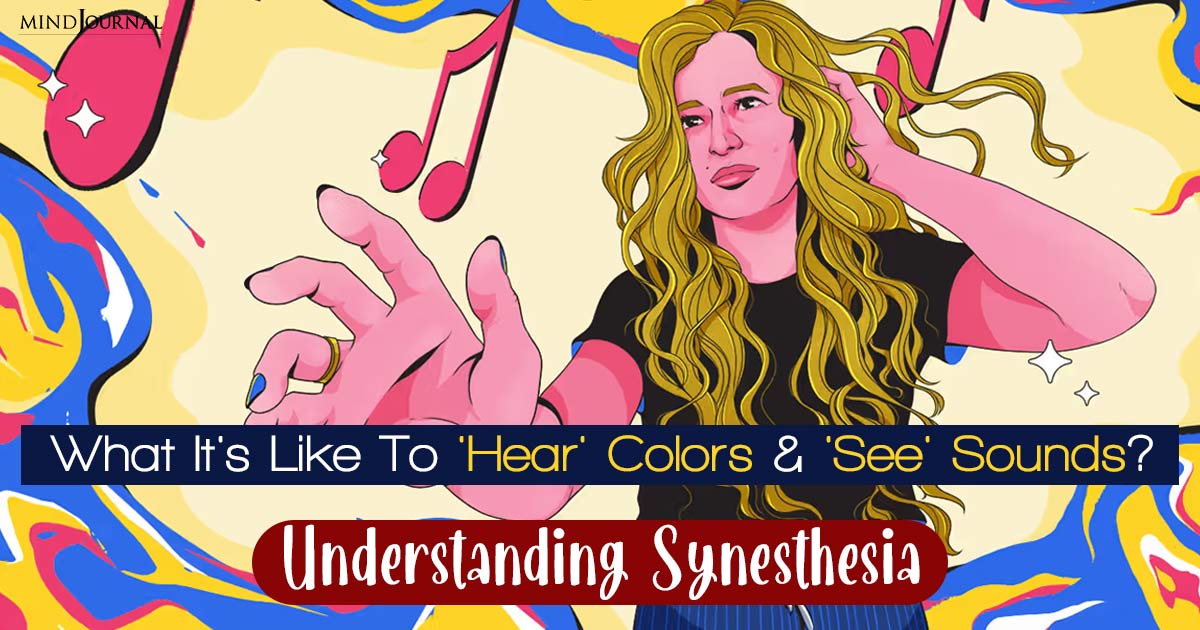
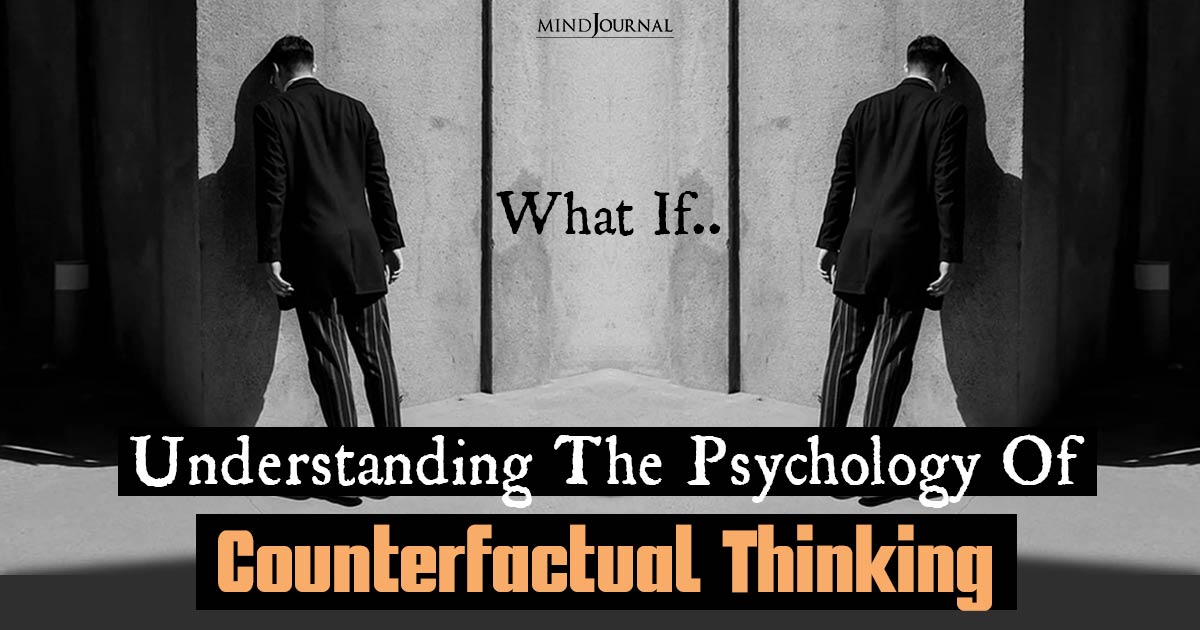


Leave a Reply
You must be logged in to post a comment.